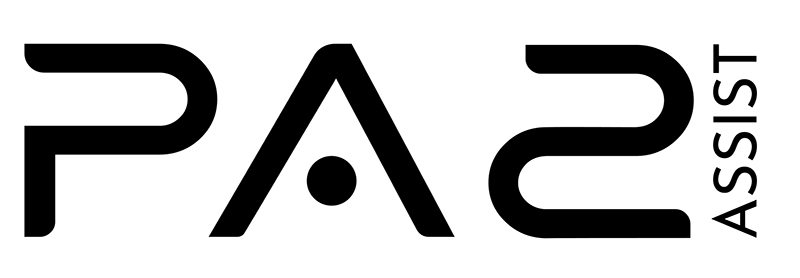Mastering Efficiency: The Art of Delegation in Personal Assistance

As the linchpin of support and organization, personal assistants wield a powerful tool in their arsenal—the art of delegation. The ability to delegate tasks strategically not only lightens the workload but also amplifies productivity and efficiency. In this blog, we’ll explore the nuances of effective delegation and provide personal assistants with best practices to refine their craft.
Understanding when to delegate is a cornerstone of effective personal assistance. Determine which tasks are specialized, which fit with the areas of expertise of others, or which can be completed quickly by a designated team member.
Personal assistants must have a deep understanding of their strengths and weaknesses, as well as those of the team they work with. Delegation is most effective when tasks align with individuals’ strengths, promoting efficiency and excellence.
Clearly articulate the objectives of the delegated task. Provide comprehensive details, expectations, and any relevant deadlines. This ensures that the team member undertaking the task understands the purpose and requirements, minimizing the need for micromanagement.
Communication is the linchpin of successful delegation. Foster open and transparent communication channels, allowing team members to ask questions, seek clarification, and provide updates. Regular check-ins help maintain alignment and address any challenges promptly.
Consider individual strengths, skills, and workload when selecting the right team member for a delegated task. Factor in expertise, interest, and availability to ensure that the task is assigned to the most suitable person.
Delegation is not just about assigning tasks; it’s about empowering team members to take ownership. Encourage autonomy, creativity, and problem-solving. Trusting team members to excel fosters a sense of responsibility and ownership in the task at hand.
Ensure that team members have the necessary resources, tools, and support to complete the delegated task successfully. Clear any roadblocks, offer guidance when needed, and ensure that the delegated responsibilities are well-supported.
Strive for a balance between challenging team members and setting realistic expectations. Tasks that are too easy may lead to disengagement, while overly challenging tasks may result in stress and burnout. Tailor the level of difficulty to each team member’s capacity.
Provide constructive feedback on completed tasks. Acknowledge achievements, highlight areas for improvement, and express appreciation for the effort invested. Positive reinforcement strengthens the bond between personal assistants and their team members.
Every delegation experience is an opportunity for learning and refinement. Reflect on the outcomes, assess what worked well, and identify areas for improvement. Continuous learning enhances the personal assistant’s ability to delegate effectively over time.
Delegation is a crucial skill for personal assistants, enhancing team collaboration and productivity. It involves understanding team dynamics, implementing best practices, and fostering trust, empowerment, and continuous improvement.
#DelegationMastery
#EfficientAssistance
#TeamCollaboration
#TaskDelegation
#EmpowerYourTeam
#ProductivityBoost
#StrategicDelegation
#EffectiveCommunication
#LeadershipSkills
#TaskOwnership
#DelegationBestPractices
Registered Office Address
